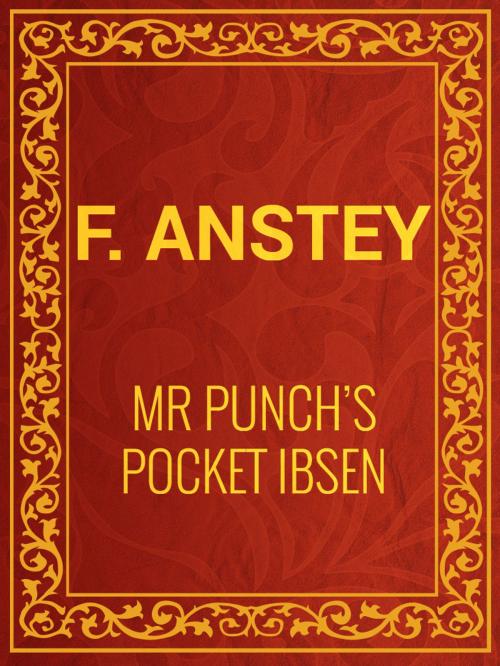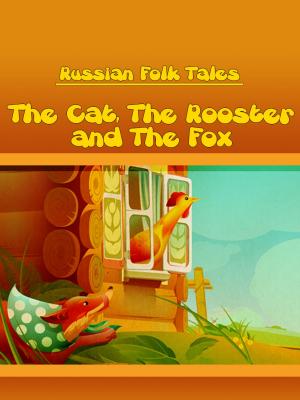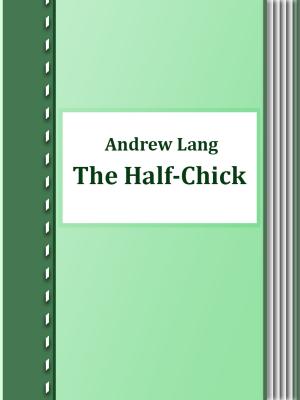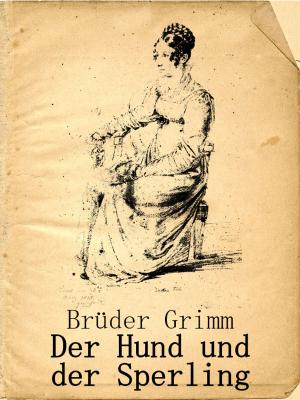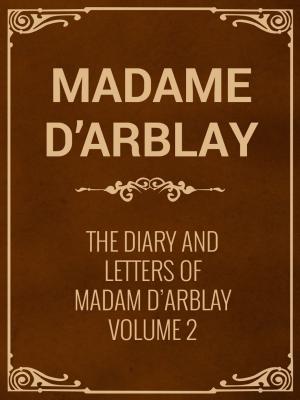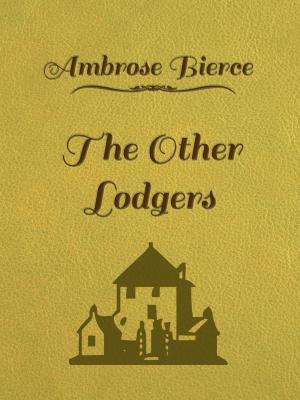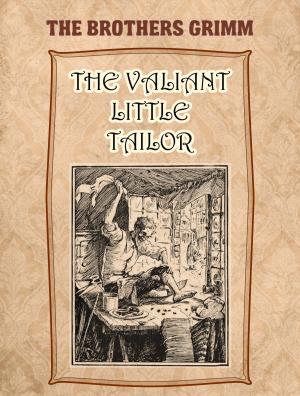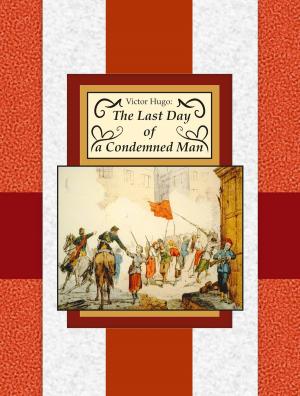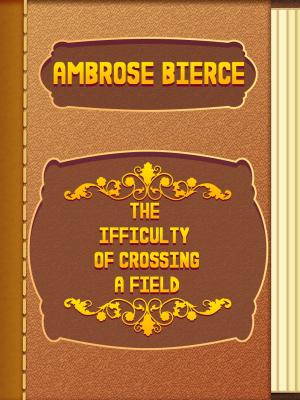| Author: | F. Anstey | ISBN: | 1230000789431 |
| Publisher: | Media Galaxy | Publication: | November 20, 2015 |
| Imprint: | Language: | English |
| Author: | F. Anstey |
| ISBN: | 1230000789431 |
| Publisher: | Media Galaxy |
| Publication: | November 20, 2015 |
| Imprint: | |
| Language: | English |
Thomas Anstey Guthrie was an English novelist and journalist, who wrote his comic novels under the pseudonym F. Anstey. Guthrie became an important member of the staff of Punch magazine, in which his voces populi and his humorous parodies of a reciter's stock-piece represent his best work. Many of Anstey's stories have been adapted into theatrical productions, motion pictures. In later life, Anstey spent a good deal of time overseeing dramatizations of his works, and later film adaptations. According to the critics the fantasy of Guthrie's stories is a lighthearted critique of middle-class British society during the Victorian era.
The author's retelling painfully lacks the mysterious obscurity of the original and that the vein of allegorical symbolism is thinner throughout than it should be, and that the characters are not nearly so mad as persons invariably are in real life—but these are the faults inevitable to a prentice hand, and he trusts that due allowances may be made for them by the critical.
Thomas Anstey Guthrie was an English novelist and journalist, who wrote his comic novels under the pseudonym F. Anstey. Guthrie became an important member of the staff of Punch magazine, in which his voces populi and his humorous parodies of a reciter's stock-piece represent his best work. Many of Anstey's stories have been adapted into theatrical productions, motion pictures. In later life, Anstey spent a good deal of time overseeing dramatizations of his works, and later film adaptations. According to the critics the fantasy of Guthrie's stories is a lighthearted critique of middle-class British society during the Victorian era.
The author's retelling painfully lacks the mysterious obscurity of the original and that the vein of allegorical symbolism is thinner throughout than it should be, and that the characters are not nearly so mad as persons invariably are in real life—but these are the faults inevitable to a prentice hand, and he trusts that due allowances may be made for them by the critical.
